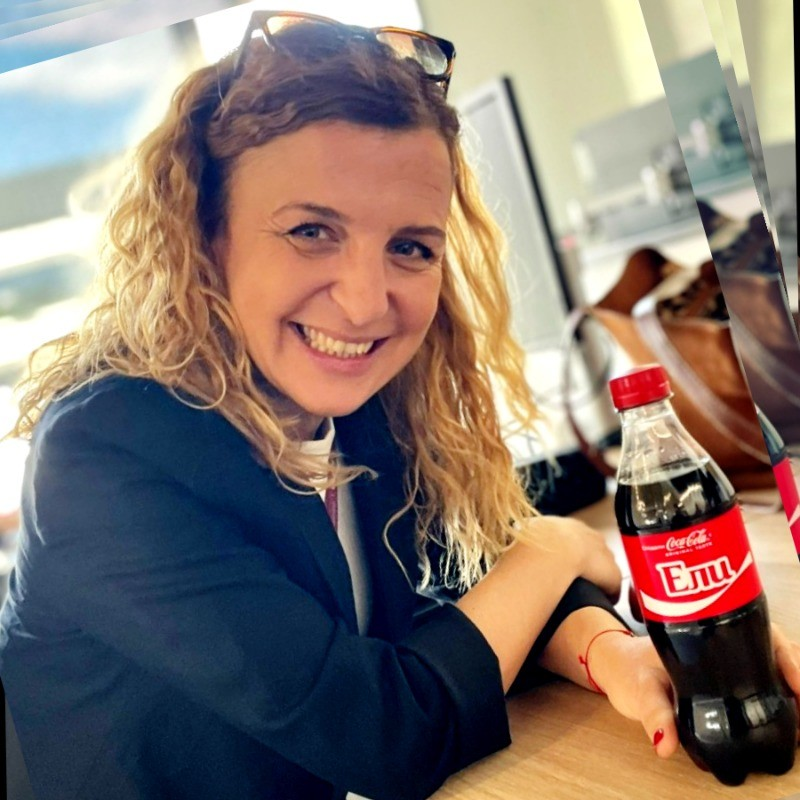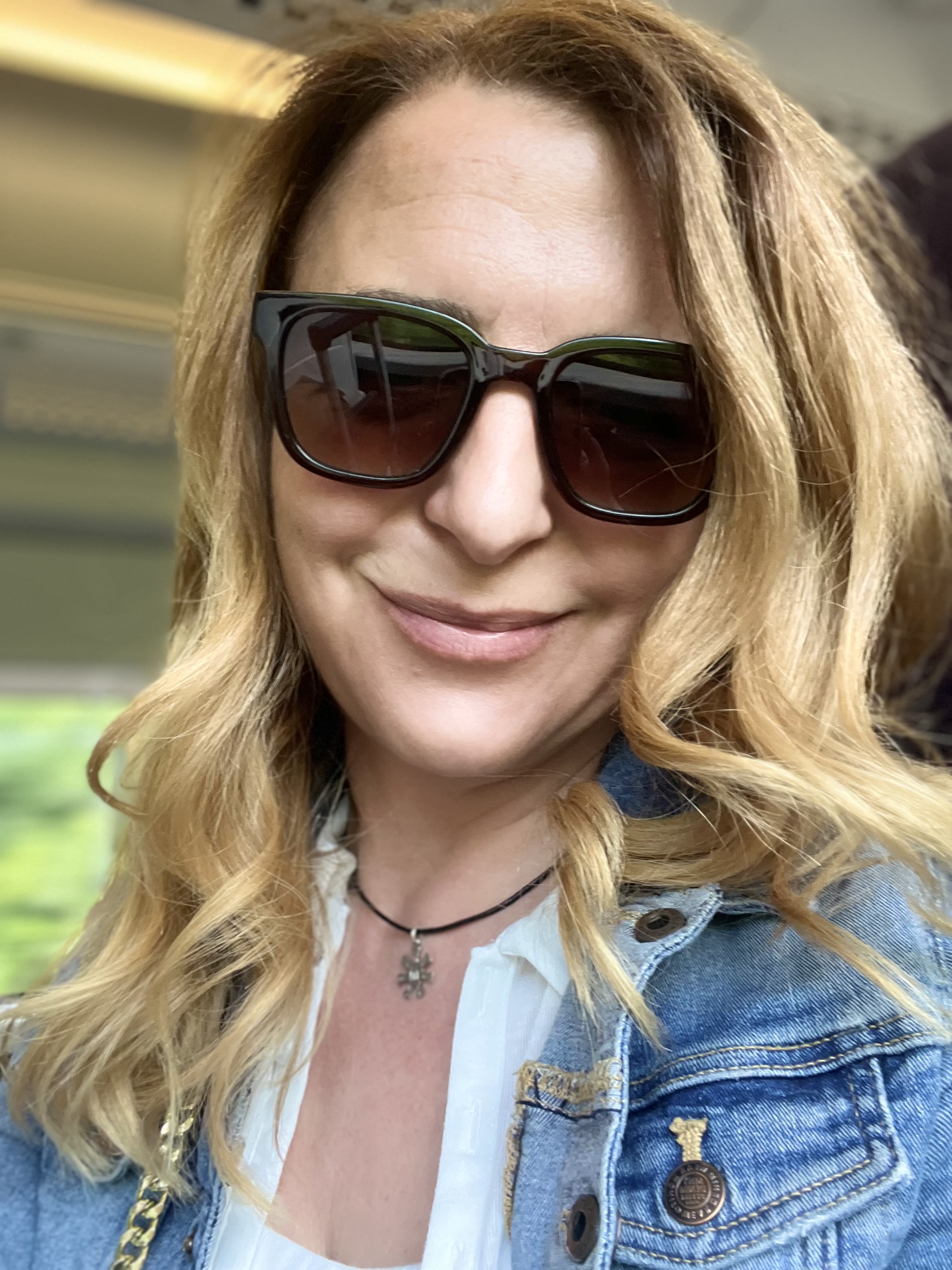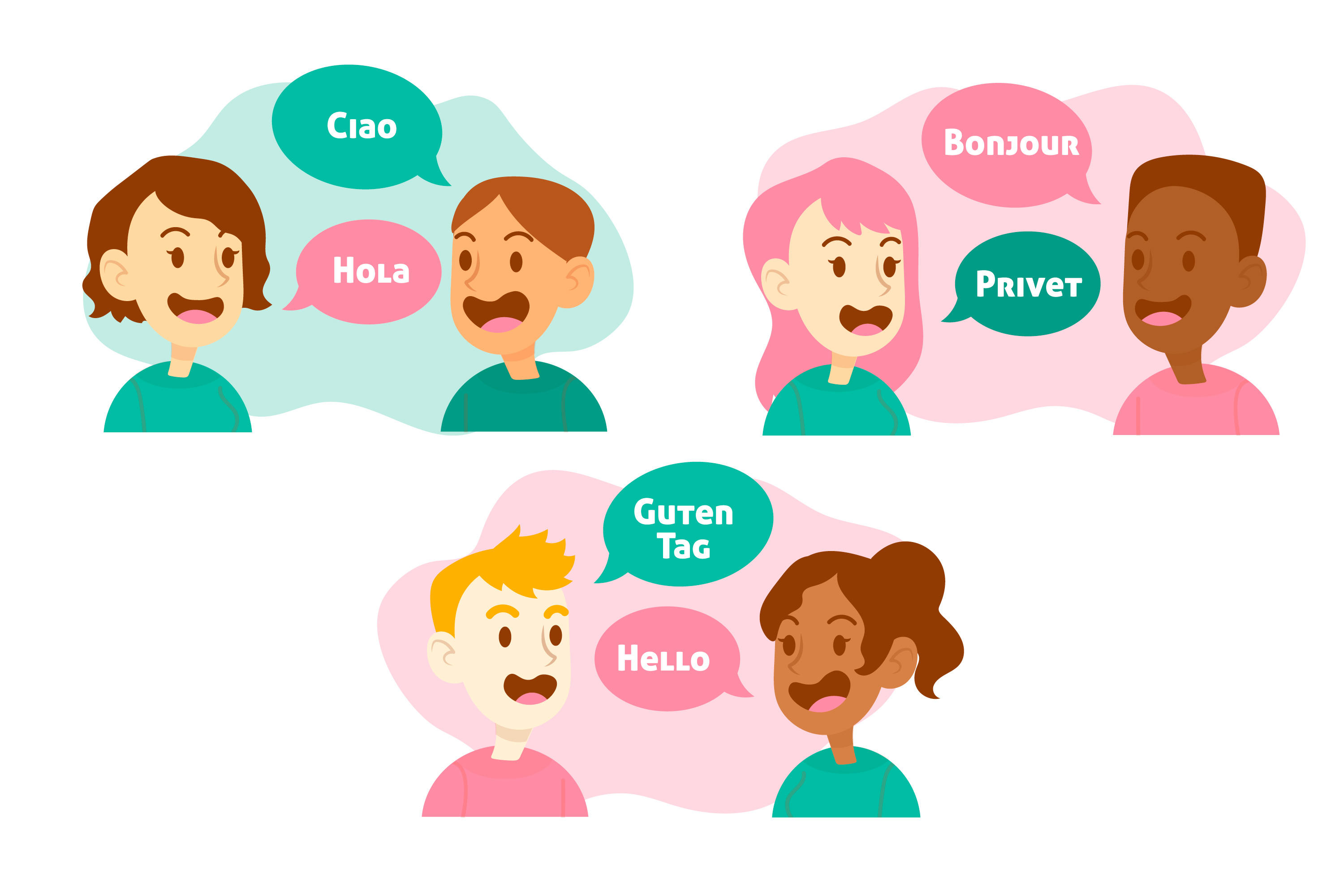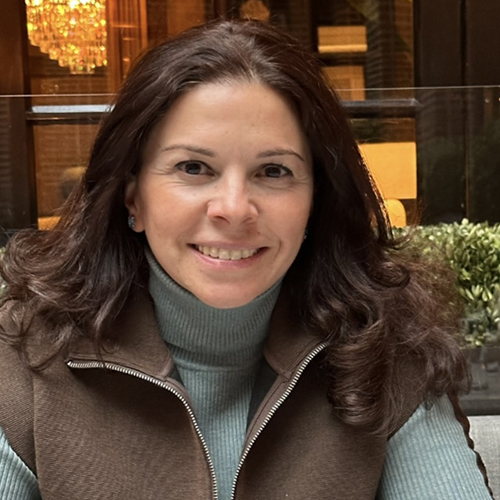Working in a big corporation can feel like trading your soul for a seat at the table.
But what if you could keep your voice, your identity and still drive change?
In this Merging Minds episode, host Javi Diaz talks with Elitza Dublewa-Servatius from Coca-Cola about identity, philosophy, and why staying human is more powerful than playing the part.
Elitza’s story is not just about translation or leadership.
It’s about returning home after 20 years abroad, walking into a huge global brand, and trying not to lose herself in the process.
From Translator to Transformation
Elitza started her career as a Bulgarian–Italian interpreter.
But her path shifted dramatically when she moved to Germany at 19.
“I believed so strongly in my vision of the world,” she said. “The world is mine, that was my feeling back then.”
She studied philosophy, Finnish, and Dutch in Cologne, and embraced Eastern ideas like Daoism and Zen.
But life had other plans. She joined Coca-Cola just before the pandemic, and slowly found herself swallowed by the corporate machine.
“I forgot about all this esoteric stuff… I became another Elitza.”
Challenging the Status Quo
When Elitza joined Coca-Cola, she didn’t work in localization.
But she quickly noticed that translation processes were outdated, stuck in what she called “the Cherry Coke era.”
So she built a business case, pitched it to the company’s innovation forum, and stood in front of the CEO, CFO, and CIO with a bold proposal: modernize it all.
“Machine translation wasn’t innovative in 2018. But for Coca-Cola, it was.”
She got the funding. She got the mandate. And she realized something else: her ideas still mattered. Even in a system full of structure, tradition, and hierarchy, her authenticity had value.

What This Episode Teaches Us
“I lead my vision,” Elitza said. “Even in a challenging environment.”
It’s not just abstract. Building arguments helped her influence top execs.
She ends presentations with original songs or poems. “Not typical for a corporation,” as she says.
Losing and Reclaiming Identity
At first, Elitza says she gave up her deeper self to adapt.
She tried to “fit in,” doing what was expected in a structured workplace.
But over time, she began to bring her voice back.
“I started slowly returning back to my center.”
Working with Bureau Works inspired her.
Their human-first approach helped her find balance between innovation and individuality.
She began to blend her creative energy with professional execution.
Writing poems for internal presentations, composing songs to communicate strategy.
Her belief? People may forget what you say, but they remember how you made them feel.

Returning Home, Feeling Foreign
One of the most moving parts of the conversation is Elitza’s experience of moving back to Bulgaria after 20 years.
“I looked Bulgarian. I spoke Bulgarian. But I no longer felt Bulgarian,” she admitted.
She felt like a foreigner in her own country.
Even her native language had changed. Bureaucratic systems sounded alien.
Cultural norms clashed with the freedom she had grown used to in Germany.
“You cannot go back to what you were before you left.”
This speaks to a deeper truth many global professionals face: once you’ve lived abroad, you carry the world inside you. Going back “home” is never quite the same.
Diversity as a Lifeline
For Elitza, one thing keeps her grounded: multiculturalism.
“If you put me in a team that only operates in Bulgaria, I would run away.”
She thrives on cultural diversity—watching how people from different places think, react, and connect. It’s why she stays at Coca-Cola, despite the corporate structure. The global interaction, she says, keeps her curious, open, and grounded.

Staying True in a Corporate System
So how do you keep your voice inside a system that often demands you follow the script?
Elitza offers no easy answers. But she lives the process:
- Lead with values, not job titles
- Build arguments to influence, not dominate
- Infuse creativity into your work
- Stay resilient, even when change takes years
- Never lose your presence
“It’s not about being perfect. It’s about being present.”
Final Thought: Authenticity Is a Journey
The most powerful takeaway from this episode isn’t about localization or corporate structure. It’s about presence.
Elitza reminds us that being yourself is a journey, especially in systems that weren’t built for uniqueness.
She’s still on that journey. So are many of us.
“I’m trying to get there. But maybe no one ever fully gets there.”
And that’s okay.
Unlock the power of glocalization with our Translation Management System.
Unlock the power of
with our Translation Management System.



























